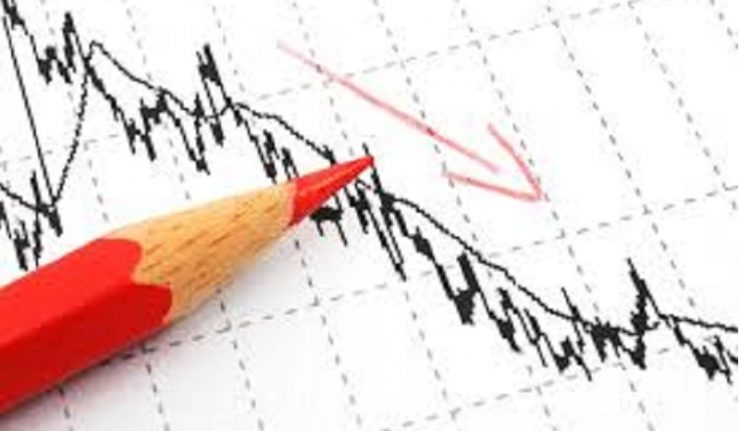THE INTERNATIONAL Monetary Fund (IMF) has warned that a third of the global economy will experience a recession this year.
According to IMF Managing Director, Kristalina Georgieva, said that 2023 would be a “more difficult” year than last year as the US, EU and China economies slowed down. The war in Ukraine, rising prices, rising interest rates and the spread of COVID in China are weighing on the global economy. In October, the IMF trimmed its outlook for global economic growth in 2023.
“We estimate that a third of the world economy will be in a recession,” Georgieva told the CBS news program Face the Nation. That said, “even in a country that is not in a recession, it will feel like a recession for hundreds of millions of people.”
Meanwhile, Indonesian President Joko Widodo, on Monday (01/02) said he hoped that Indonesia would not be affected by the global recession.
Likewise Katrina Ell, an economist from Moody’s Analytic based in Sydney, conveyed her predictions to the BBC. While our fundamental target is to avoid a global recession by 2023, it is likely to be difficult. Europe, however, will not escape recession and the US is teetering on the brink.
The IMF cut prospects for global economic growth in 2023 due to the war in Ukraine and rising interest rates as central banks around the world seek to control rising prices. Since then, China scrapped its zero COVID policy and started to reopen its economy despite the fast-spreading coronavirus infection in the country.
Georgieva warned that China, as the world’s second largest economy, will face a difficult start to the year. For the next few months, it will be difficult for China, and the impact on China’s growth will be negative, as will the impact on regional and global growth.
“The IMF, in this case, acts as an economic early warning system as an international organization consisting of 190 countries, which also works together to stabilize the global economy,” she said.
Georgieva’s comments will spark concern for people around the world, and Asia is having a difficult 2022 no exception. Inflation continues to rise across the region, fueled in large part by the war in Ukraine, while higher interest rates are also hitting households and businesses.
Figures released over the weekend showed China’s economy weakening in late 2022. December’s official purchases index showed that China’s factory activity shrank for a third straight month, the fastest shrink in nearly three years as Covid spreads across these factories.
In the same month, house prices in 100 cities fell for the sixth straight month, according to a survey by one of the country’s largest independent property research firms, China Index Academy.
The economic downturn in the US means demand for products made in China as well as in other Asian countries such as Thailand and Vietnam also declines. Higher interest rates also make loans more expensive, so many companies may choose not to invest to grow their business.
Low economic growth can trigger investors to withdraw so that countries, especially poor countries, have less cash to import food and energy. In this kind of slowdown, certain currencies can become less valuable than a stronger currency, compounding the problem. The impact of higher interest rates on loans could also affect the economy at the government level, especially in developing countries, which may have difficulty repaying their debts.
For decades, the Asia-Pacific region has relied on China as a major trading partner, as well as an economic support during times of crisis. Currently, Asian economies are still facing the lingering effects of how China handled the pandemic.
Tesla to Apple factories may be able to get back on track after Beijing ends its zero-COVID policy. However, new demand for commodities such as oil and iron ore is likely to increase prices further when inflation is at its peak.
“China’s easing domestic COVID restrictions are not an instant solution. The transition will not be smooth and will be a source of uncertainty at least until the March quarter,” Ell concluded. [antaranews/photo special]
















